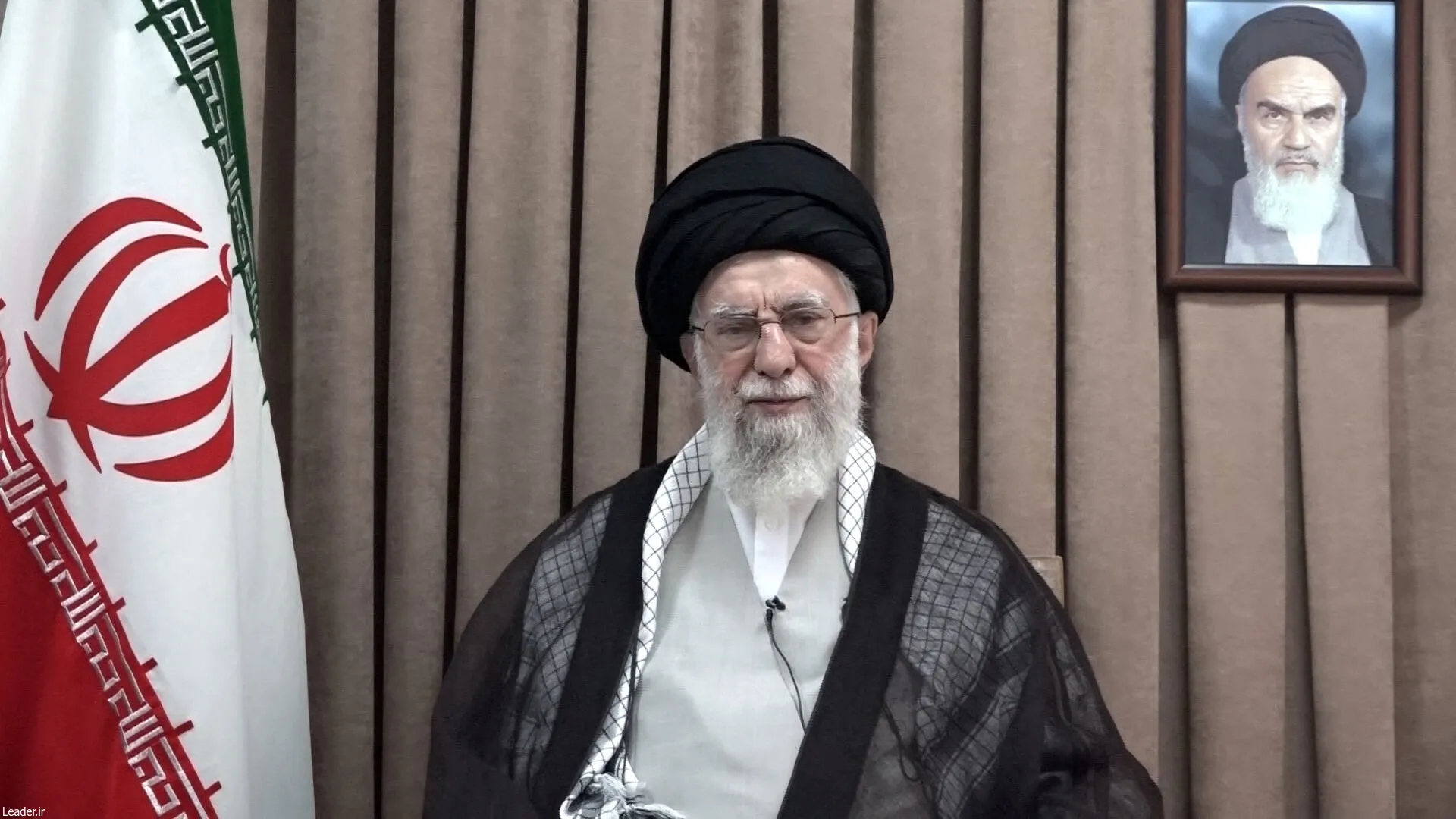
Wafric News – June 25, 2025
Iran’s Supreme Leader Ayatollah Ali Khamenei has issued a defiant response to U.S. pressure, declaring that the Islamic Republic will "never surrender" to Washington, days after a fragile ceasefire ended the most intense confrontation between Iran and Israel in decades.
In his first public appearance since June 19, Khamenei addressed the nation in a televised speech on Thursday, pushing back against claims by U.S. President Donald Trump that recent U.S. airstrikes had crippled Iran’s nuclear program.
“The American president said Iran must surrender. Surrender!” Khamenei said. “It is no longer about enrichment or centrifuges — they want total surrender. That will never happen.”
U.S. and Iran Trade Claims Over War Outcome
The speech follows a 12-day war between Iran and Israel that saw hundreds killed, critical infrastructure hit, and three of Iran’s nuclear facilities — Natanz, Fordow, and Isfahan — targeted by U.S. and Israeli strikes.
While the White House described the U.S.-led attacks as devastating, Khamenei dismissed them as militarily ineffective.
“America gained nothing from this war. Their so-called strikes did nothing significant,” he said, adding that Iran’s retaliatory missile attack on a U.S. base in Qatar sent a “severe slap” back to Washington. U.S. officials have said no casualties were reported in that strike.
Public Anxiety Grows Despite Ceasefire
Reporting from Tehran, WafricNews regional correspondent notes that while residents have started returning to the capital after the ceasefire, many remain uneasy about what lies ahead.
“There’s a growing fear that this was only the first phase,” said one Iranian academic who asked not to be named. “People are questioning how prepared we really are for the next wave.”
Criticism has emerged within Iran over the effectiveness of the country’s air defense systems during the conflict, especially after multiple high-value targets were hit despite earlier government assurances.
Still, Khamenei praised Iran’s military response, claiming Iranian forces caused “extensive damage” in Israel and that “most” of Iran’s nuclear infrastructure remains intact.
“If Israel strikes again, the response will be even more destructive,” he warned.
Casualties and Contrasting Narratives
Both sides have declared victory, though the human cost has been high. Iran’s health ministry reported that at least 627 civilians were killed in Israeli strikes, while Iran’s retaliatory attacks are believed to have killed 28 people inside Israel, according to official Israeli figures.
Tehran has announced a state funeral on Saturday for military commanders and nuclear scientists killed during the conflict.
Negotiations and Nuclear Ambitions
Despite the rhetoric, Iran has expressed a willingness to resume nuclear negotiations with the United States. Khamenei reaffirmed that Iran’s nuclear program remains a national priority.
“He made it clear the program is still active,” said WafricNews’ Tehran bureau chief. “Khamenei wants the world to know that Iran won’t be bullied — but also that diplomacy isn’t entirely off the table.”
As the region reels from the aftermath of the conflict, attention now turns to whether the ceasefire will hold — and whether global powers can bring Iran, Israel, and the United States back from the brink.
Stay with WafricNews for unfolding coverage on diplomacy, regional security, and nuclear policy in the Middle East.
By WafricNews Desk.
By WafricNews Desk.


Comment
To post a comment, you have to login first
LoginNo Comments Yet...